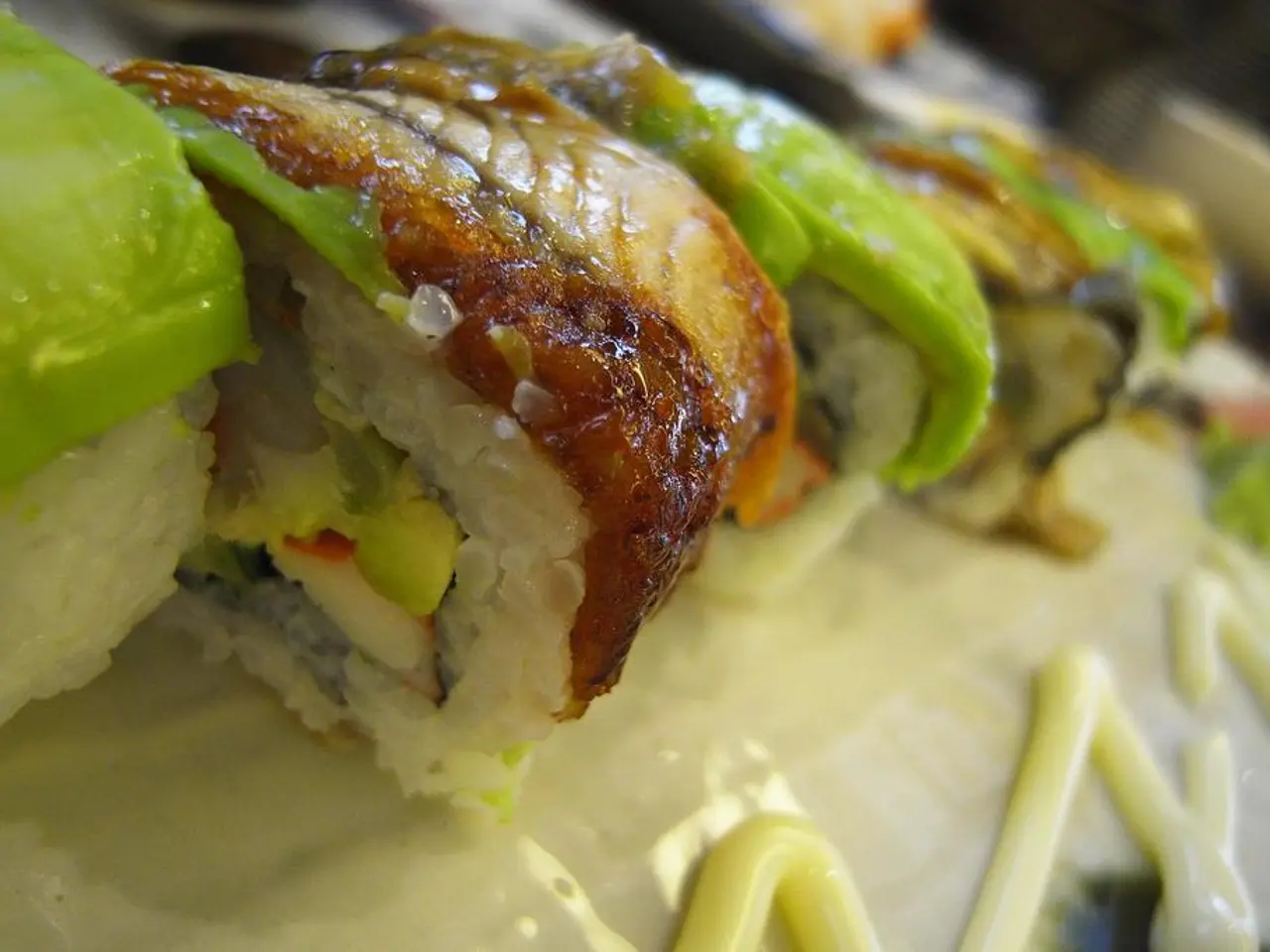Restaurant's Legal Obligations in Matter of Food Safety Compliance
In the realm of dining out, it's essential for customers to be aware of their rights when it comes to food safety. A food safety attorney can provide valuable advice for those who have fallen ill after dining out.
Negligence can apply when a restaurant fails to use reasonable care in food preparation and handling, potentially leading to foodborne illnesses. Restaurants are legally bound to follow both local health codes and the federal Food Code, ensuring they maintain high standards of food safety.
Key standards include food temperature control, cross-contamination prevention, employee hygiene, pest control, food manager certification, and written safety plans and monitoring. For instance, restaurants must keep hot foods hot (above 135°F or 57°C) and cold foods cold (below 41°F or 5°C) to prevent bacterial growth. They must also prevent cross-contamination by using separate utensils and surfaces for raw and ready-to-eat foods.
Restaurants are required to train staff in safe food handling, maintain clean, sanitary environments, and ensure proper handwashing by employees. In addition, many local codes require a certified food manager on site, particularly in establishments serving highly susceptible populations.
If customers have dietary restrictions, they can ask about allergens and food preparation to minimize risks. In the unfortunate event that a customer becomes ill after dining out, they should seek medical help immediately.
In cases where restaurants fail to meet these standards, they may be held legally responsible. This can include the restaurant owner or operator, food suppliers or distributors, employees who violated policy, and corporate chains for inadequate training or oversight. Smaller chains and local establishments can also be held accountable for health code violations leading to serious illness, often after legal action is taken.
Customers can take proactive measures to ensure their dining experience is safe. They can check online for recent health inspection results before dining out, pay attention to negative reviews mentioning illness, and keep receipts and photos of their meal.
Recent examples of food safety violations include Chipotle Mexican Grill facing multiple lawsuits for E. coli, norovirus, and Salmonella infections, and Wendy's facing a lawsuit due to dozens of E. coli infections linked to their lettuce in 2023.
It's important to note that breach of warranty occurs when food is unfit for consumption and violates the implied promise of safety. Strict liability holds restaurants accountable for serving "defective" food, regardless of fault. Cross-contamination from raw meat, dirty equipment, allergens, or unsanitized surfaces can result in serious illness. Poor employee hygiene can spread norovirus, hepatitis A, or other pathogens.
In summary, by being informed, proactive, and vigilant, customers can enjoy their dining experiences with peace of mind, knowing that they are taking steps to protect their health.
Science plays a crucial role in maintaining health and wellness, especially in the food industry. For instance, adherence to key standards like food temperature control, cross-contamination prevention, and employee hygiene, as dictated by the Food Code, are essential for preventing foodborne illnesses.




